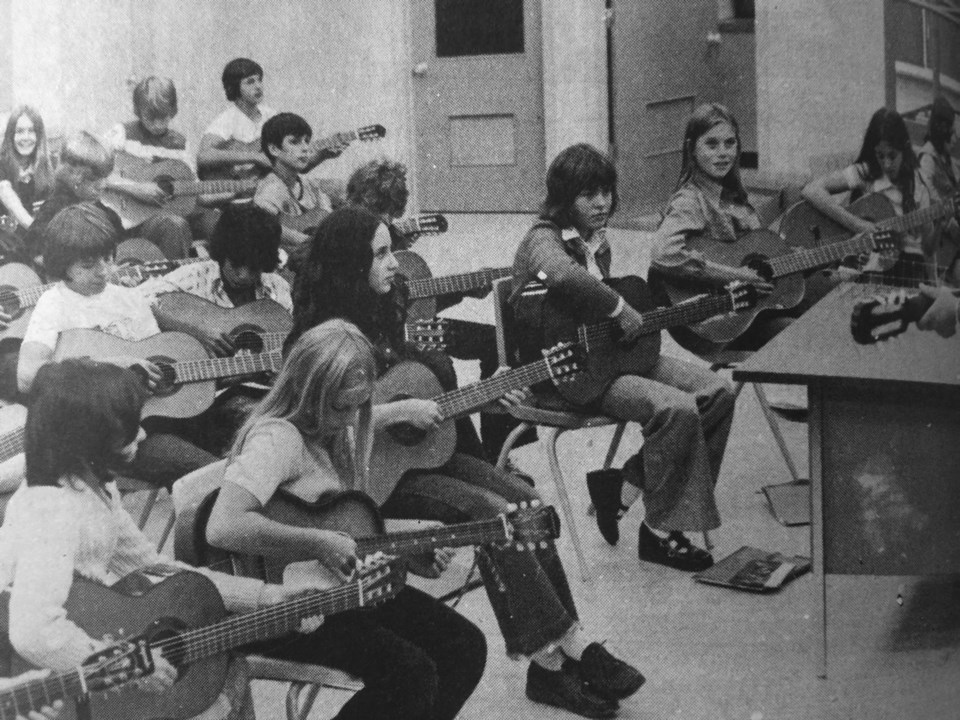It’s an idea few B.C. school districts have tried.
While the Delta School District’s calendar committee annually looks at where to slot Professional Development Days, year-round schooling, also known as a balanced calendar, has been a non-starter with the board of education.
The calendar committee had previously examined the possibility of a balanced calendar, but rejected that idea, as well as the possibility of a four-day school week.
In 2012, the school board agreed that Delta's public schools won't change their instructional calendars unless parents and communities come forward with a request.
Government legislation introduced at the time provided the possibility for districts to eliminate the standard September-to-June school year.
The Ministry of Education at the time said the school amendment act enabled boards of education and education authorities to offer more creative scheduling options to better meet the needs of students.
The ministry, however, would continue to set a minimum number of instructional hours.
A balanced calendar provides the same number of instructional days as a traditional calendar, but reduces the summer vacation and provides smaller, more frequent breaks.
It was back in the early 1970s when the Delta board first seriously considered with the idea of year-round schooling.
In 1972, during a time of tremendous population growth that put significant pressure on the district, the board got input from parents to see if they supported taking part in a pilot program the board was considering.
At that time, the Optimist reported parents had expressed slightly more than 50 per cent support for a continuous school operation in an informal questionnaire.
Delta principals, trustees and board officials went to Missouri and Illinois to see how a year-round program was working in those states.
If Delta had taken part, the district would have been the first in Canada to experiment with a year-round elementary school calendar.
To begin in September 1973, children would have attended school in a system of 45 days of instruction followed by 15 days holiday, thus eliminating the traditional summer break.
The plan was seen as a way to help Delta, the fastest growing municipality in the country, maintain standards without going to ratepayers to build more schools.
Miles Adam, secretary treasurer of the board in 1972, said Delta would have saved an estimated $31 million in capital building costs by 1989, when the municipality's population was projected to reach 157,000 people.
At meetings at Cliff Drive and Hellings elementary schools, a majority of parents agreed the year-round proposal should be explored. Principal Henry Esau of Cliff Drive said his school had an enrollment of 725 and a year-round program would have been viable if the enrollment reached 840.
However, it turned out to be a highly controversial issue that year. Adam declared the proposal for year-round schooling a dead issue following overwhelming opposition by parents at several schools who responded to mail-out survey.
"There are two reasons I think we failed," Adam said in an interview in December of 1972.
"There was a tremendous amount of misinformation spread by opposition groups in the area, especially at Cliff Drive, and we didn't attempt to sell the program to parents. We presented the facts as we knew them. I guess the interest just wasn't there," he added.
Some teachers were also opposed to the plan, not wanting to give up their traditional summer vacation.
The concept of an altered calendar had been discussed at other times as well.
In 1993, a quarter-year timetable was floated for Delta Secondary.
It involved students taking two courses daily, for two-and-half-hours each, for nine weeks.
More than 200 concerned parents packed Genesis Theatre to voice opposition and that idea was dropped as well.




